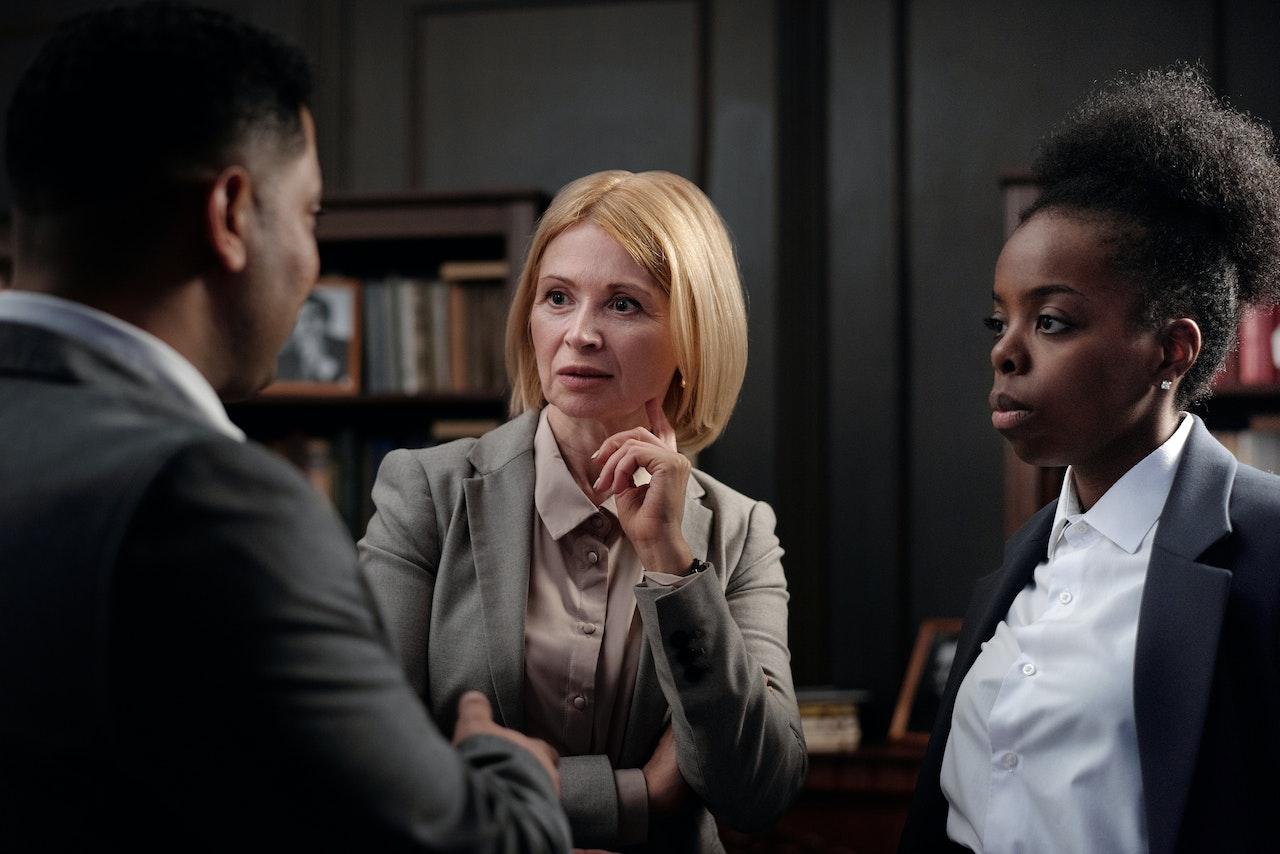Expert Meeting? Leave Well Alone!

You, dear readers, will be aware from past articles of my recurring theme with experts: choose them with care, choose them early, instruct them fully, and then let them get on with the job. In particular, choose experts who are not only outstanding in their main profession, but who also have become proficient in their second profession as expert.
This assumes real value when a discussion between experts is ordered. See for example my blog “The Real Value of the Meeting of Experts.”
As I say there, the Court may specify the issues it wishes the experts to discuss, per CPR 35.12(2), and so may instructing solicitors, but “…my experience after literally thousands of expert reports and scores of expert meetings is that this never happens: expert reports have been exchanged, the areas of disagreement have become clear, and those areas go straight into the agenda.”
And that surely is how it should be: two experts can see from their own reports what their differences are, they form the agenda, and the experts can get on with it.
Instructing solicitors should not interfere with the experts as they form their opinions and reflect them in their reports (which include the Joint Statement). This is from the words of Lord Wilberforce in Whitehouse v Jordan [1980] UKHL 12, where an expert had been “assisted” in drafting his report by leading counsel:
“The report of the expert must be, and must seen to be, the independent product of the expert, uninfluenced as to form or content by the exigencies of litigation.”
These words then run through the seminal case of The Ikarian Reefer and into CPR Part 35.
Clear message to instructing solicitors: stay away from expert meetings, and let the experts get on with it.
There was a strident example of this being ignored, and its consequences, in the recent case of Patricia Andrews & Ors -v- Kronospan Ltd [2022] EWHC 479. This was a group action by 159 residents near to a wood processing plant at Chirk near Wrexham, who complained of nuisance from dust, noise and odour.
There was difficulty in finding experts in the fields of dust analysis, and there had been numerous hearings. Even the drafting of the letters of instruction had involved the court; Senior Master Fontaine had taken a close interest throughout.
The Master recognised that it was unusual for the court to take such a close interest in expert matters. He even called the experts to a CMC to explain what was required of them.
When the date for filing of the Joint Statement of Experts had been passed – by two years! – it emerged that there had been very frequent contact between the claimants’ solicitors and their expert. Some exchanges were merely procedural, but on many occasions the solicitors had received drafts of the joint statement and made substantial suggestions for amendment.
The defendant made an application for the claimants’ expert reports to be excluded, a very serious situation which would have left them without vital expert evidence. The Master did consider this, but because there was no trial date yet fixed, and because the time wasted on the claimants’ side could be remedied by costs, he found that this expert’s evidence should be excluded and the claimant could appoint new experts.
The behaviour of the claimant solicitors and expert had wasted two years, and the expert’s fees, now wasted, had been £225,000; there would no doubt also be a costs order against the claimants for waste of defendant lawyers’ time. So this interference by the claimant solicitors in the expert process had wasted a great deal of time and money.
It would never have reached this sorry state if the expert had known what he was doing; any half decent expert knows well the golden rule that solicitors must not interfere in expert meetings.
I know I’m playing a cracked record here, but again I emphasise the need for solicitors to appoint expert who know what they are doing. Choose your experts with care!
